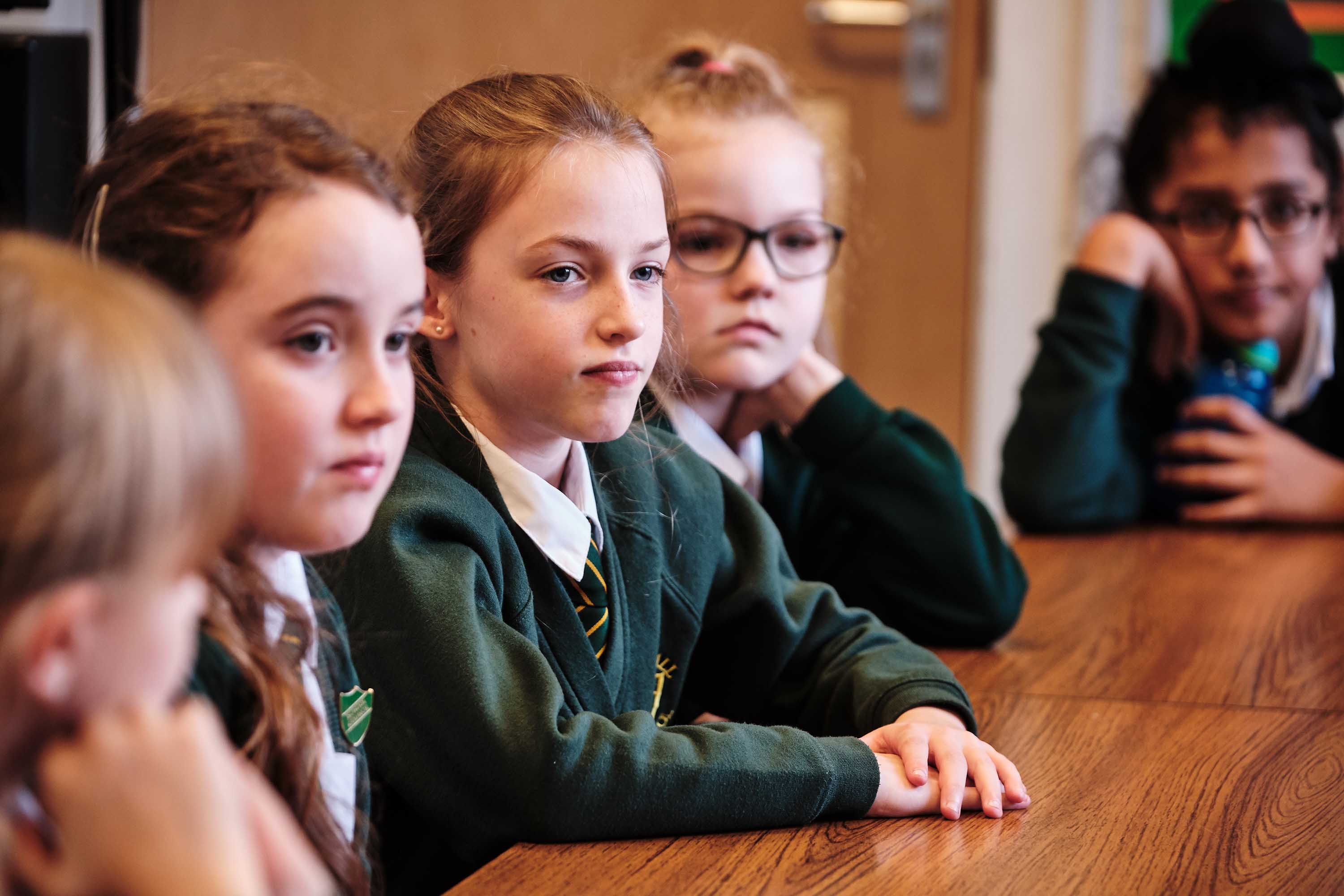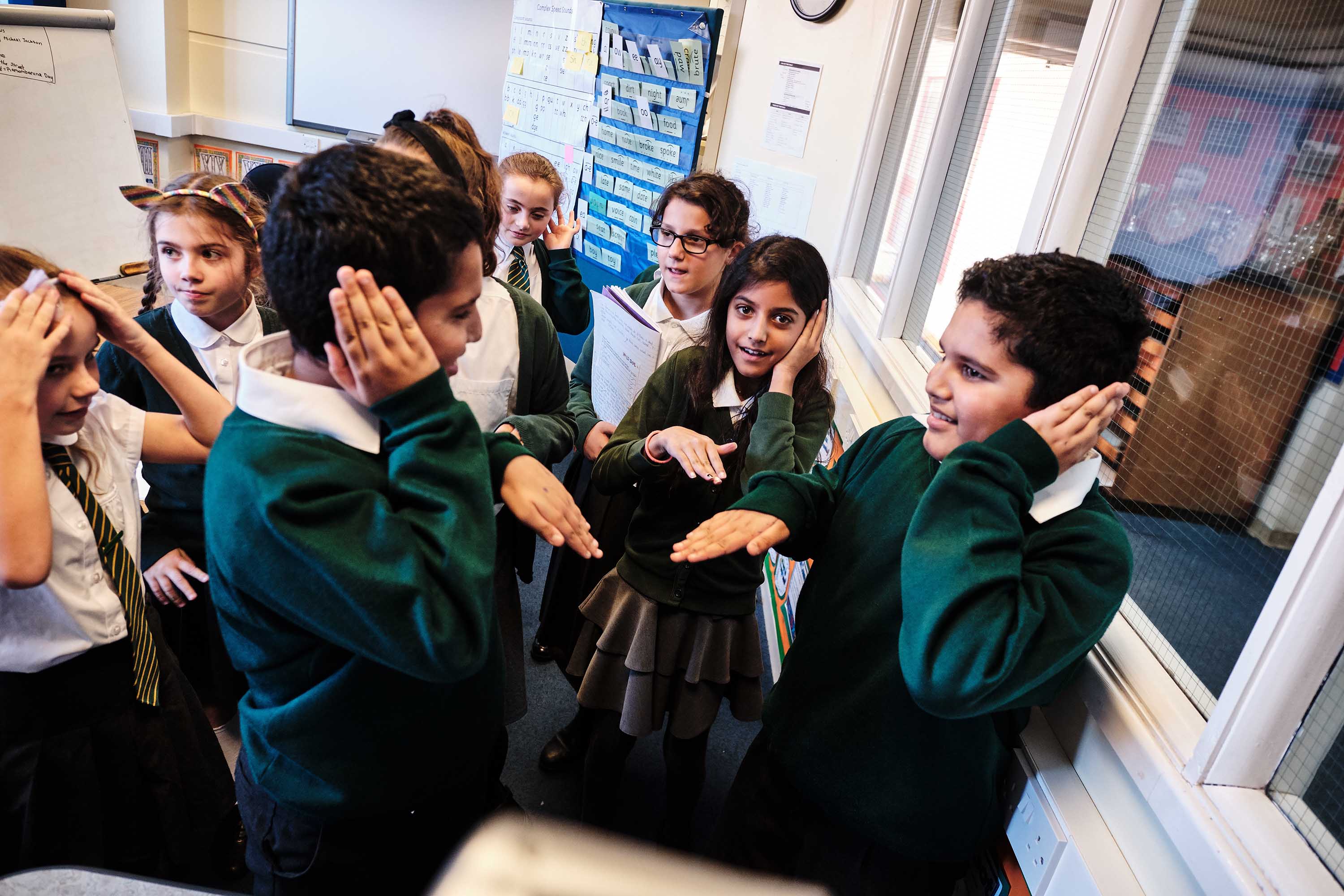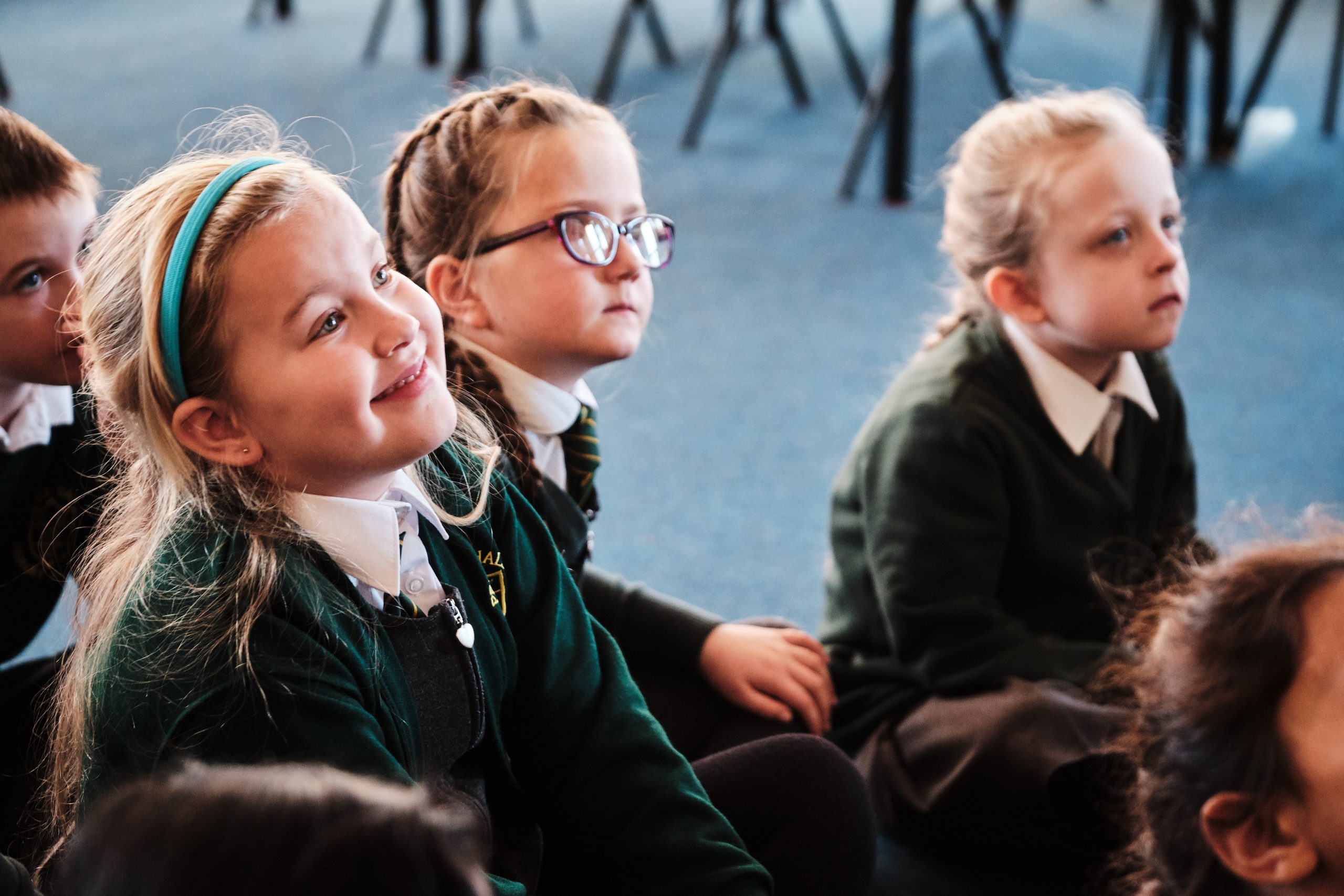History
Subject Leader – Miss C Newell
History at Perry Hall
At Perry Hall, History is taught through a timeline of events. Each year group studies a certain part of History which all links together so that by the time the children reach Year 6, they have a wide range of knowledge that has been built on over the years.
History can be viewed as worldwide by investigating important, historical events but it can also be viewed as exploring local history. Children speak to their grandparents about what life was like for them, they read old newspaper articles from the local archives and they carefully hold artefacts to closely inspect them. Additionally, they compare old photographs to new photographs so that they can physically see the changes.
By the time our children leave us, our aim for them is to gain a better understanding about the world around them. This includes social, cultural, political and economic issues. History allows children to understand why we celebrate special events and gives them the opportunity to understand future events that have a link to the past. It equips them with the knowledge they need that will be developed through their life – each day that goes by becomes a piece of their own history.



WHY IS HISTORY IMPORTANT TO OUR CHILDREN?
Year 2 Child
We need to learn history so that when we go to castles we know about them. We need to know not to touch because it might break.
Year 4 Child
We learn about history to learn about the past so that we can compare with the present. We can learn from what’s changed to predict what happens in the future.
Year 6 Child
We use what we have learned about the past to help us know how to act and behave. History also helps me in other lessons like in Geography because we learned about the Mongol Empire and Chang Dynasty.
Our subject leader
Click here for our subject leader biography.
History in EYFS
This document demonstrates which statements from the 2021 Birth to 5 Matters are prerequisite skills for history within the national curriculum. The table below outlines the most relevant statements taken from the Early Learning Goals in the EYFS statutory framework and the Birth to 5 Matters age ranges for Three and Four-Year-Olds and Reception to match the programme of study for history.
The most relevant statements for history are taken from the following area of learning: Understanding the World
Twos provision
Learns that they have similarities and differences that connect them to, and distinguish them from, others Has a sense of own immediate family and relations and pets In pretend play, imitates everyday actions and events from own family and cultural background, e.g. making and drinking tea, going to the barbers, being a cat, dog or bird.
Nursery
Shows interest in the lives of people who are familiar to them Enjoys joining in with family customs and routines Remembers and talks about significant events in their own experience Recognises and describes special times or events for family or friends Shows interest in different occupations and ways of life indoors and outdoors.
Reception
Enjoys joining in with family customs and routines Talks about past and present events in their own life and in the lives of family members Knows that other children do not always enjoy the same things, and is sensitive to this Knows about similarities and differences between themselves and others, and among families, communities, cultures and traditions.
End of Reception Early Learning Goals (ELG)
Talk about the lives of the people around them and their roles in society. Know some similarities and differences between things in the past and now, drawing on their experiences and what has been read in class. Understand the past through settings, characters and events encountered in books read in class and storytelling.
Cultural Capital opportunities in history
EYFS
- Family history and family trees
- Significant events
- Books and stories about the past
Key Stage 1
- Significant events e.g. remembrance day
- Understanding the british monarchy
- Exploring the rule of law
- Understanding the role of historians and archaeologists as potential careers in society
- Family trees
- Visits to significant historical sites
Key Stage 2
- Significant events e.g. World War 1, Holocaust etc
- A range of british and world history including the early Islamic Empire, Ancient Greece and Victorians
- Diversity: Suffragette movement, history of Human Rights
- Local history visits and visitors
- Significant political movements and events
- Imacts of key historical events on today’s society
- Human rights and rights of the child including the establishment of the United Nations
- Historical artefacts
